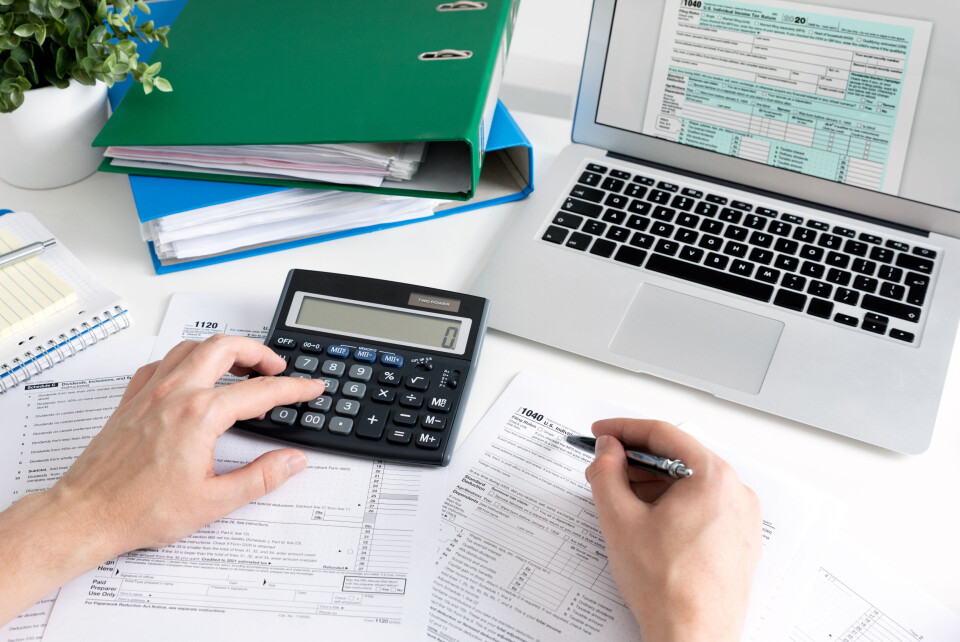-
Exemption from fees to register electric car to end across most of France from May
Applying for a carte grise will soon become more expensive
-
Drivers in France reminded of this little-known, strict car wash rule to avoid large fines
Environmental regulations impose a €450 fine – even outside drought periods
-
Approval of roadside noise cameras in France will see fines issued against loud vehicles
The devices known as meduses already exist in several cities but so far have only been ‘instructional’
Two million workers in France receive boost to driving tax allowance
Drivers can access this allowance – which has been increased by 10% – if they cover a certain distance in their vehicle for work each year

France’s prime minister has announced that the kilométrage allowance accorded to certain workers through tax allowances will be increased by 10% to address a recent rise in fuel prices.
Jean Castex said yesterday (January 25) that the 10% boost to the indemnité kilométrique would be confirmed in a government decree shortly.
“Since autumn we have been seeing particularly high fuel prices. After a brief drop over the Christmas period, prices have increased again,” he told the Assemblée nationale.
“The prices observed over the last few days are such that we must do something for the members of our population who drive a lot.”
The 10% boost equals an average increase of around €150 per year, and will result in a total tax reduction of €400million, according to the government.
What is the kilométrage allowance?
Employee salaries are normally automatically reduced by 10% before their income tax is calculated, in order to take into account the costs associated with going to work, including transport.
However, those who believe it is more advantageous to them to claim 'real' work-related expenses instead can access the kilométrage allowance, which varies depending on the distance travelled and the power of the vehicle.
People who use their vehicle a lot for work can benefit from the kilométrage allowance no matter their salary. The credit available is recalculated each year.
You can find out more about working out how much you might be owed on the French government website.
As an example, someone who drove 6,000km in a 5 CV car may have had €3,048 taken off their tax bill in 2021.
This allowance “specifically targets those who drive for their occupation,” equivalent to 2.5 million households.
“This recalculation also aims to serve as a benchmark and so, potentially, to have a knock on effect on the kilométrage allowances paid directly by employers to staff who use their own vehicle.”
‘A measure which does not help those who need it’
Dominique Marmier, president of the Familles rurales association, has criticised the government’s announcement, pointing out that it will not help some people who could benefit from it.
This is because many households do not use their vehicles just for work, and “half of households do not pay income tax, so we are disregarding half of all families.”
Mr Marmier also said that in rural communities, “there is no alternative to using a car, not only for going to work, but also for going to school, going shopping, accessing medical treatment.”
Mr Marmier believes that a “VAT reduction and an additional cheque” would offer more effective assistance to households. “We have compared a family which lives in a town to a family which lives in the country. The former’s transport costs are €600-1,000 more each year.”
However, Mr Castex has argued that “reducing taxes in general is not the solution.
“That is a measure which would not be focused on those who need it most, which would cost billions, and which would risk being immediately cancelled out if the cost of fuel continues to rise.”
This winter the government has already made an exceptional tax-free ‘inflation compensation’ payment to 38 million people whose income is less than €2,000 per month, in order to respond to the rapid rise in the price of fuel.
However, with costs still on the increase, this one-off sum has been judged to be insufficient for those who use their vehicles a lot, hence the recalculated kilométrage allowance.
Related articles
Fuel prices in France at record high and not expected to drop in 2022
French inflation bonus: €100 sum sent to more people
Interest rates on tax-free bank accounts in France to increase
























